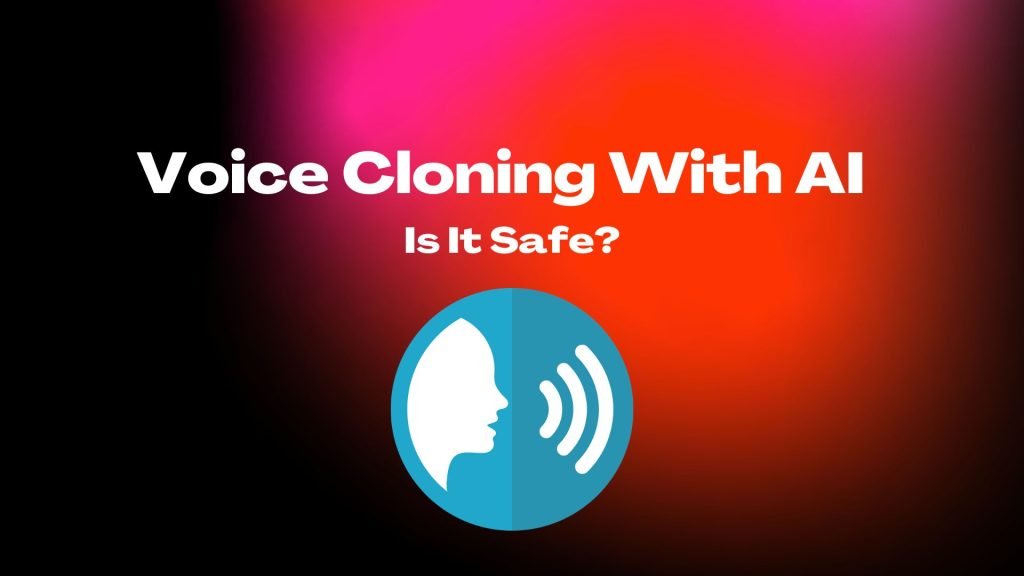
Voice cloning with artificial intelligence has become a popular and easily accessible technology, with numerous online platforms offering the ability to create deepfake voices that imitate anyone from celebrities to fictional characters. While this technology may seem fun and harmless, it can actually be quite dangerous in the wrong hands.
One major issue with voice cloning is that it can be used for fraudulent purposes. For example, an individual could use a deepfake voice to impersonate someone else over the phone, potentially scamming people out of their personal information or money. In a more extreme example, a deepfake voice could be used to impersonate a government official or CEO in order to manipulate or deceive others. There has also been a big rise in the number of scams which use a person’s own voice in order to try and trick their friends and relatives into releasing confidential information.
Another concern is the potential for abuse of voice cloning technology to spread misinformation or propaganda. Deepfake voices could be used to create fake audio recordings of politicians or public figures saying things they never actually said, potentially causing confusion and mistrust among the public.
Voice cloning also has the potential to erode privacy, as people may no longer be able to trust that the voice on the other end of a phone call or recording is actually who they claim to be. If you upload your own voice to be used with an AI voice cloning tool, you can end up being the victim of a number of phone scams which impersonate your own voice.
While voice cloning technology may seem like a harmless and entertaining tool, it is important to be aware of the potential dangers it can pose. It is crucial to use this technology responsibly and to be vigilant when it comes to protecting your own privacy and minimizing the risk of scams.


